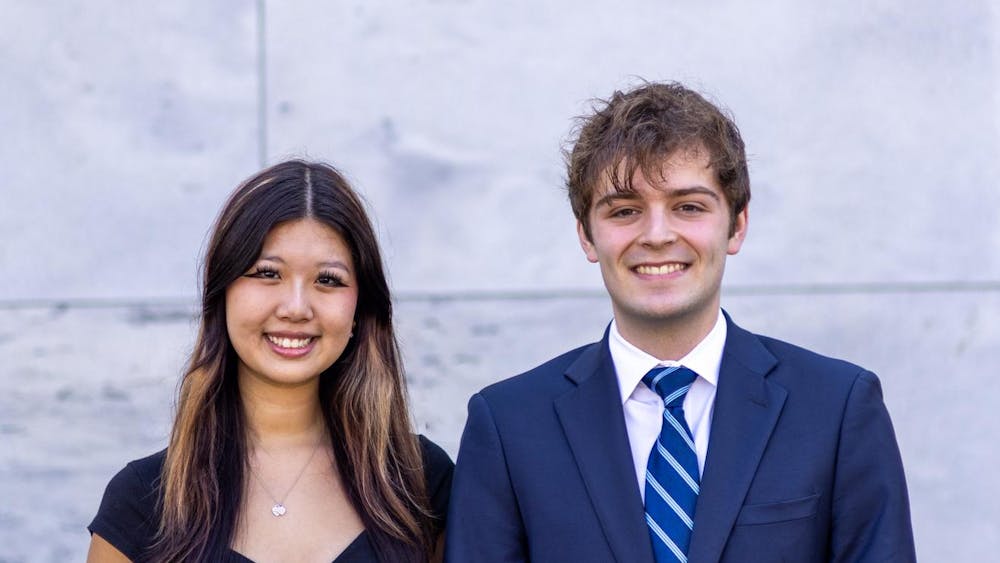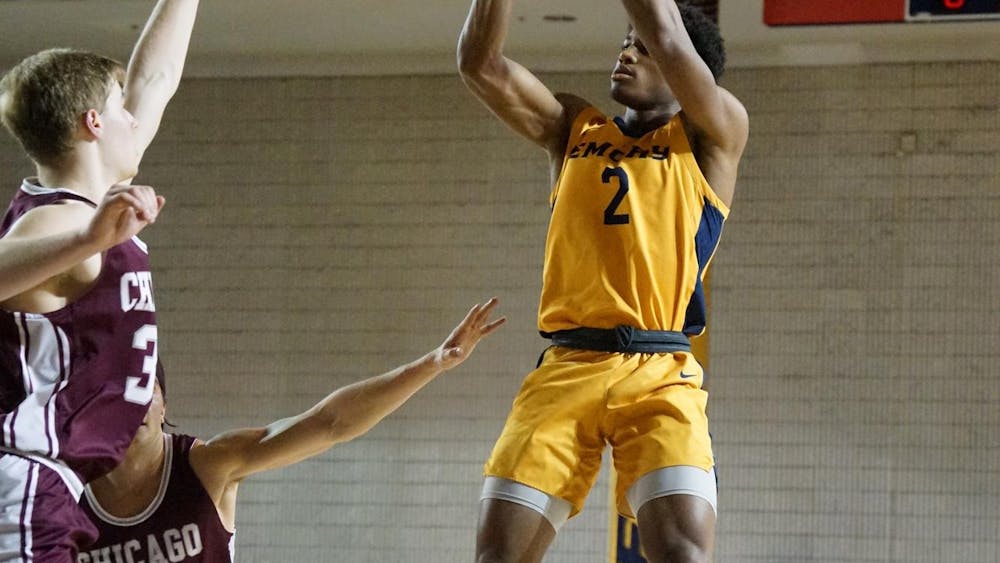As an unprecedented spring semester ends, an uncertain fall semester looms. COVID-19’s rampage continues without a clear end in sight; consequently, universities nationwide have begun to face a gut-wrenching choice between offering online or in-person classes in the fall. Emory is no different. Interim Provost and Executive Vice President for Academic Affairs Jan Love recently stated that Emory intends to make that decision before the May 1 deposit date for incoming first-years, and at a virtual town hall on April 24, she stated a decision wouldn't be made for "some weeks." We, however, urge the administration to instead delay its decision about fall classes until mid-summer and make first-year students’ deposits refundable.
Even as Georgia begins to reopen, there are more than 22,000 confirmed cases of COVID-19 and over 890 deaths from the virus in the state, and both figures are steadily increasing. Though various vaccines and palliative treatments are currently in clinical trials, the manufacturing sector has begun producing personal protective equipment and the military has built temporary hospitals, signaling that the end of the crisis is far from near. COVID-19 will not be entirely eradicated until a vaccine is mass-produced, which will likely not happen for at least a year. Simply put, predicting the state of the pandemic in August is a fool’s errand. For Emory to make a decision about the fall semester within the next few weeks, then, would be rushed and irresponsible.
Emory administrators would hamstring themselves by committing to either online or in-person classes before the middle of summer. Low-income and international students will once again bear the brunt of difficulties if the University commits to remote learning prematurely while other peer schools return to in-person classes. Committing to online classes now would introduce a host of problems for the administration such as adjusting tuition, mitigating financial losses precipitated by students taking the semester off, losing yield from the admitted Class of 2024 or even facing lawsuits. Likewise, if they commit to physical classes now and the situation does not improve, then Emory may be forced to either cancel in-person classes halfway through the semester or risk the community’s health.
None of those concerns should push Emory to make such a consequential decision now. Further, virtually all U.S. schools are facing the decision to open up their campuses in the fall, and new students will partly decide which school to attend based on its plans for the fall. A number of colleges nationwide have pushed their deposit date back to June 1. Announcing online classes within the next few weeks will likely reduce the number of accepted applicants who enroll at Emory. Students will want to wait to weigh their options with other schools that have yet to announce fall plans. If administrators are concerned about the yield of accepted students who choose to call Emory home for the next four years, they should make first-year deposits refundable in case some decide that Emory may not be the place for them after all.
Furthermore, Emory should not feel pigeonholed into a false dichotomy between remote learning and in-person classes — other solutions are available. Emory could push back the semester’s start date to accommodate a decision later in the summer and then hold finals after an abridged winter break, cancel fall break or push the spring semester further into next summer. The University has a plethora of options at its disposal to protect its students and faculty with residential learning come August, including carry-out-only dining and smaller class sizes. Staggering move-in and promoting social distancing throughout the semester is also an option for limiting a potential on-campus outbreak of the coronavirus once summer has ended.
We implore Love and the rest of Emory’s administration to delay their verdict until June, at the very least. Georgia was only closed for a month, and with four months until the scheduled start of fall classes and the hasty reopening of the state, the only certainty about our situation is that it remains exceedingly uncertain.
We trust that Emory administrators will make a thoughtful decision about next semester, but they must not rush to do so. If COVID-19 has taught us anything, it is that the world is unpredictable and constantly changing, and we must all adapt accordingly.
The above editorial represents the majority opinion of the Wheel’s Editorial Board.
The Editorial Board is composed of Sean Anderson, Brammhi Balarajan, Zach Ball, Jake Busch, Meredith McKelvey, Andrew Kliewer, Boris Niyonzima and Ben Thomas.









